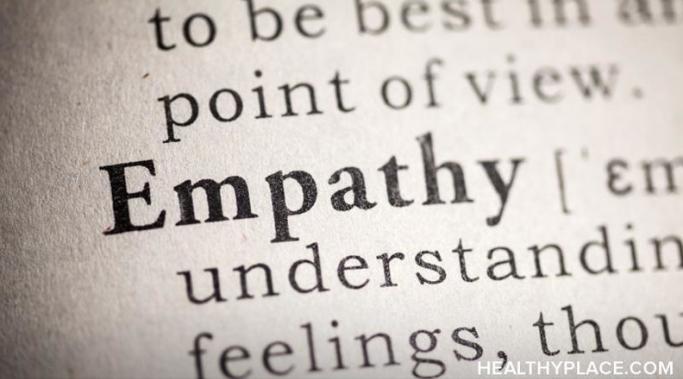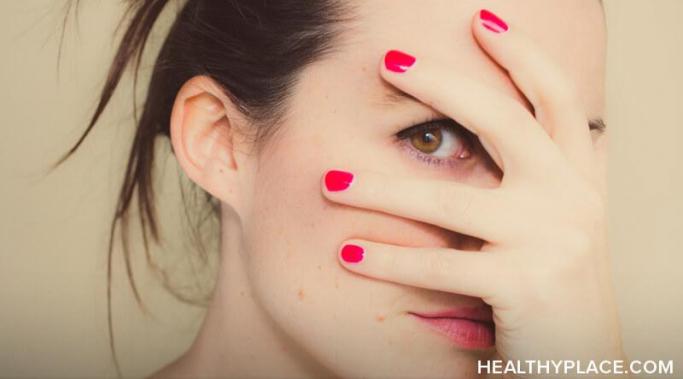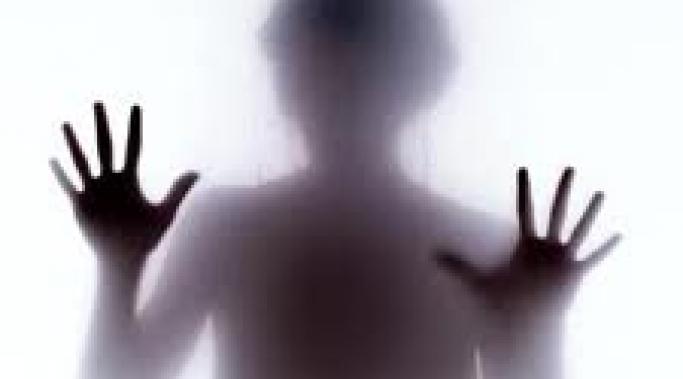Blogs
I first started receiving psychiatric treatment when I was 20 years old. At that time, I was pretty separated and not very attached to my parents. Nevertheless, they and their opinions did have an impact on me. And when I told my mother I had bipolar disorder her reaction was akin to not believing me. She was entirely ignorant about mental illness (and to be fair, I had been too) and mental illness treatment.
She, naturally, wanted me to treat this problem with herbs and other nonsense. And in spite of the fact that I was detached from this woman, her lack of support affected me. At the time, all my energy was being used to fight bipolar disorder, and now I had to fight her too. It was kicking me while I was down. Way, way down. And while she didn’t see it that way, I can attest to the fact that it sure as heck felt that way.
But luckily for me, I was not under her care. Luckily, even though she eventually pressured me into trying out alternative nonsense, I still got the real, medical help I needed. Had I have been younger, this might not have been the case.
And unfortunately, some youth are in this position right now. Some youths feel they have a mental illness and are in the charge of their parents’. And some youths have even told their parents that only to be met with a wall of disbelief or told they’re “overly dramatic.”
I feel for these youths. They’re in a really tough spot. But there are things youths can do even if a parent doesn’t believe their son or daughter has a mental illness and refuses to support their desire to get help.
I've been very honest with you all since I started blogging with HealthyPlace. I think I've earned the right to say something I know to be true that I don't believe in, don't you? Here it is: You can never plan too much. Plan, plan, plan for everything when you have Adult ADHD.
You’ve heard the term "binging," as in binge eating and binge drinking. It means excessively indulging in an activity, especially eating. Like binging on chocolate or going on a binge by drinking too much liquor. I have experience with both.
A get questions from all sorts of family members and friends of people with mental illnesses and, luckily, many of these people want to help. The trouble is people feel intimidated by a diagnosis of mental illness. They don’t even know where to start to help. This is completely normal. A probable lifetime diagnosis is enough to make anyone feel powerless.
But you are not powerless. If you love someone with a mental illness, there are many things you can do to help.
First, let me state the obvious: When you are diagnosed with a mental illness everything is difficult. That being said, I believe there are certain things, feelings and experiences, that are probably more difficult then, say, making sure you eat lunch. I want to narrow it down to five because those of us living with a mental illness know that we could compile a book the size of a dictionary if we wanted too. I'm pretty sure we wouldn't want to do that, right?
Learn how to reduce social anxiety and increase confidence with three tips from therapist Emily Roberts, author of the Blog Building Self-Esteem
During my PTSD recovery, I had to wrangle with the idea of forgiveness. How to - and in fact, do you - forgive someone for the trauma they impose on your life? Whether what caused your trauma was premeditated or inadvertent how much and for how long and when is it appropriate to forgive -- or not?
Both of my kids get nervous. Yet all too often, they don't use nervous-describing words to state that they are nervous. Instead, they say, "I don't want to." And when asked why, they say, "I just don't want to." No reason.
Or else they say "I can't." And then, deparately try to convince me that they can't.
When they say, "I don't want to" do a chore, I get that there is a reason. I can agree. I don't like doing chores either. But when they say, "I just don't want to" go to a party when I know they always enjoy themselves at parties, this "I don't want to" is a telltale sign that they are nervous.
As a professional in mental health counseling with a strong background in Behavior Modification, I can tell when my patterns change. In the infamous words of SpongeBob SquarePants, I'm a crabby patty. For two weeks a month, premenstrual syndrome and menstruation (aka Aunt Flo) affect me and in turn, Bob.
Sometimes psychiatric symptoms can cause an encounter with the police. Sadly, these encounters don't always bode well for the person with a mental illness. More Than Borderline's Becky Oberg talks about how specialized training can save lives by teaching police officers how to deal with people in a psychiatric crisis.









I believe she will only be able to rid herself of her demons, and hopefully her BPD as well, when she's ready to confront the abuse of her father. If she can put the blame where it belongs, she may stop projecting that victim/perpetrator cycle on the present men in her life. These demons are a metaphor for the purgatory she has created for herself. That reality has consequences in the real world, but it need not be real in the tangible sense. Exorcising her demons will require the expenditure of real physical energy and probably the destruction of aspects of her personality. If this ever happens, and it's possible but not probable, then these demons will evaporate. They are only as real as one's personality is real. In short, reality is not the question, it's what you make of the things you feel to be real.